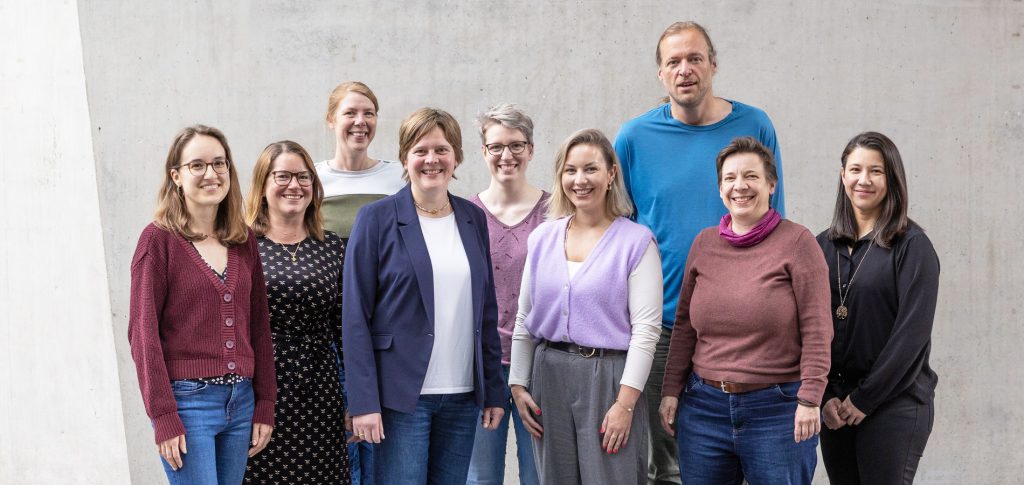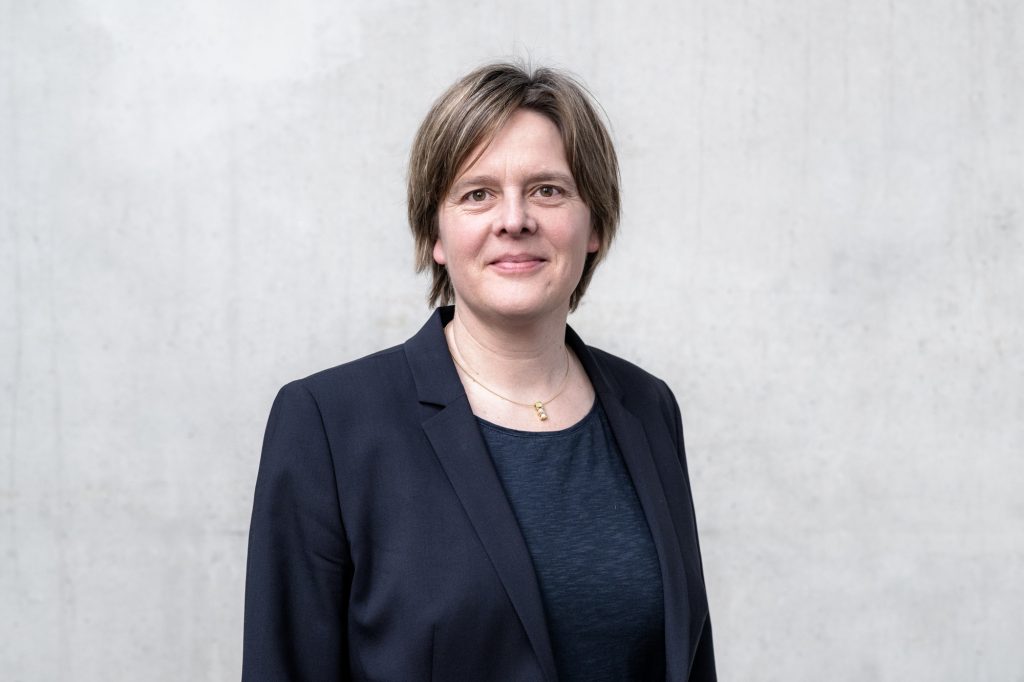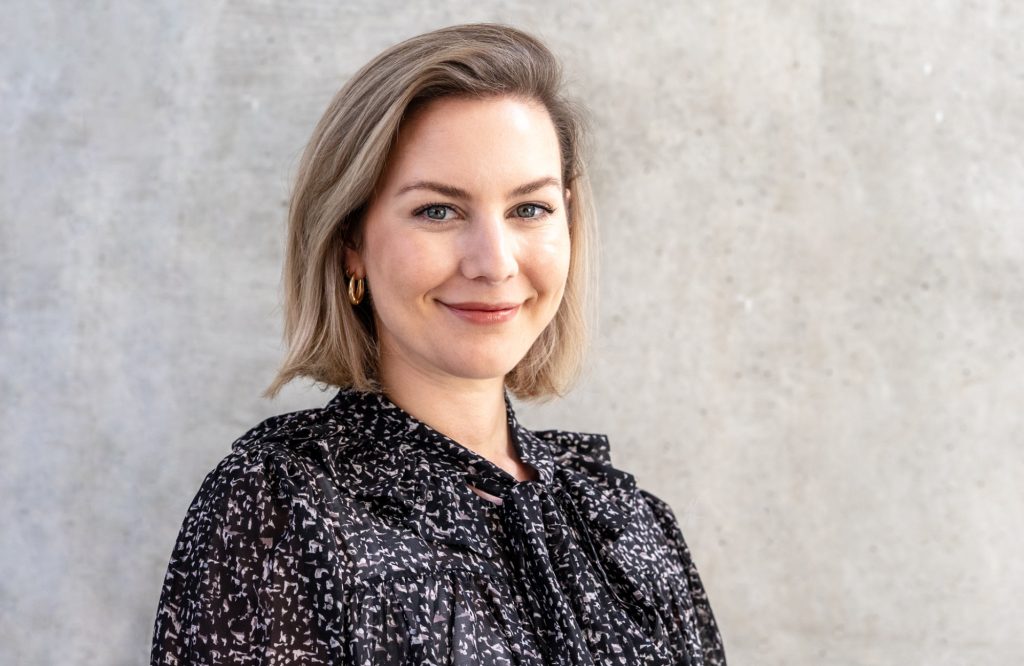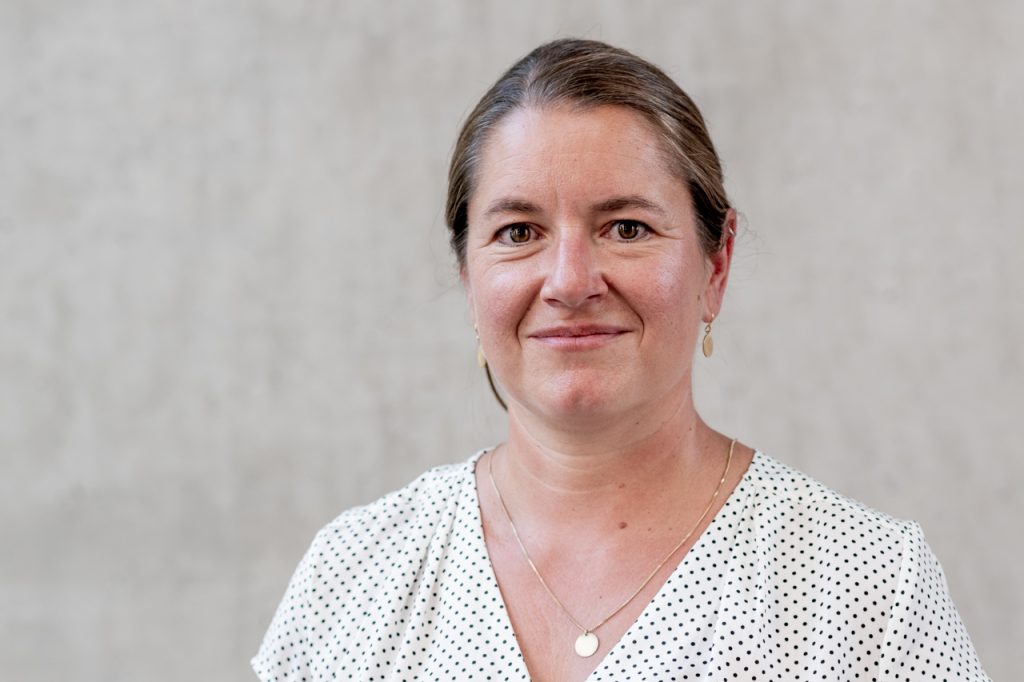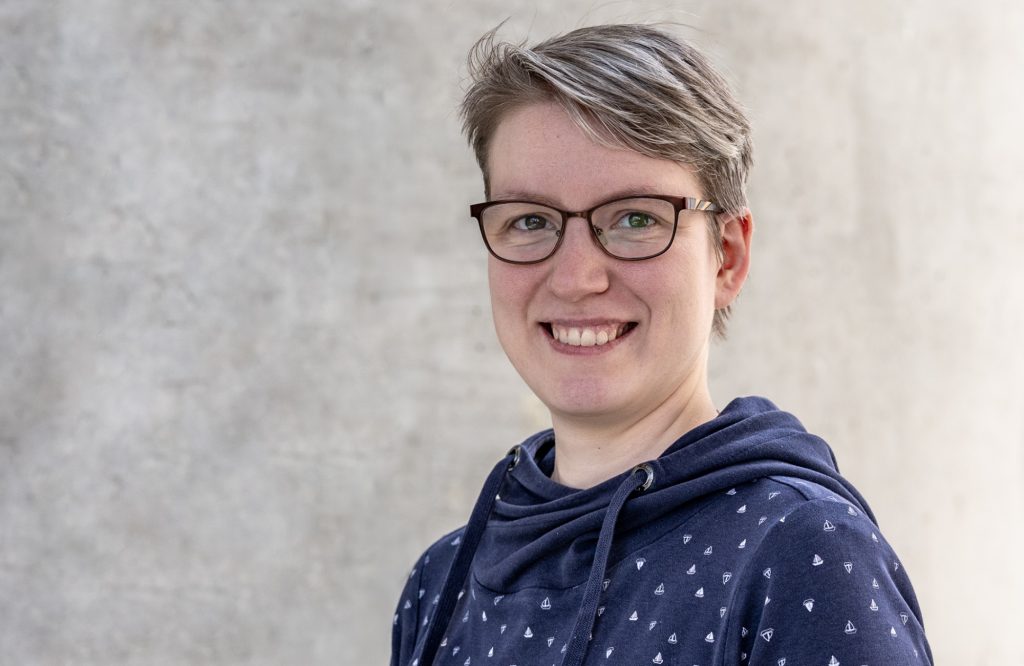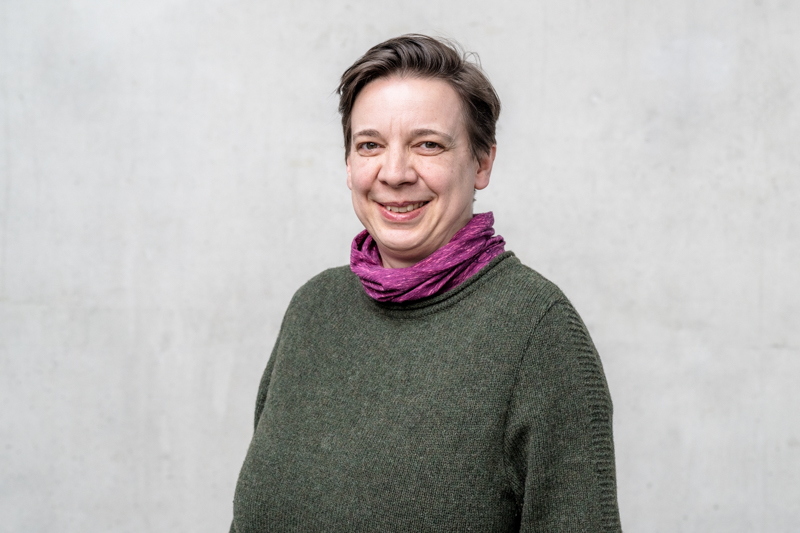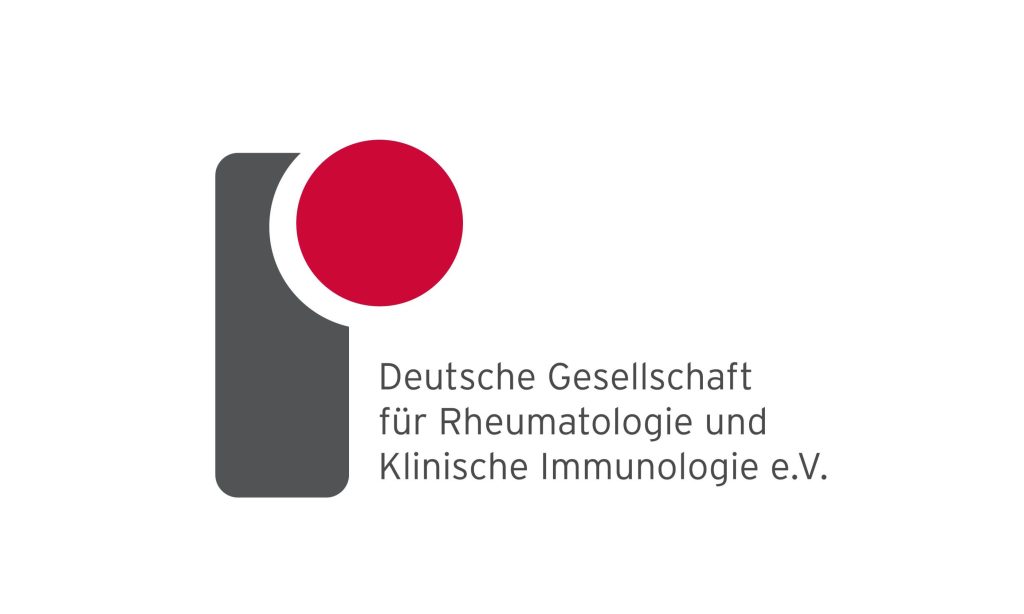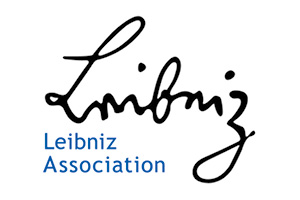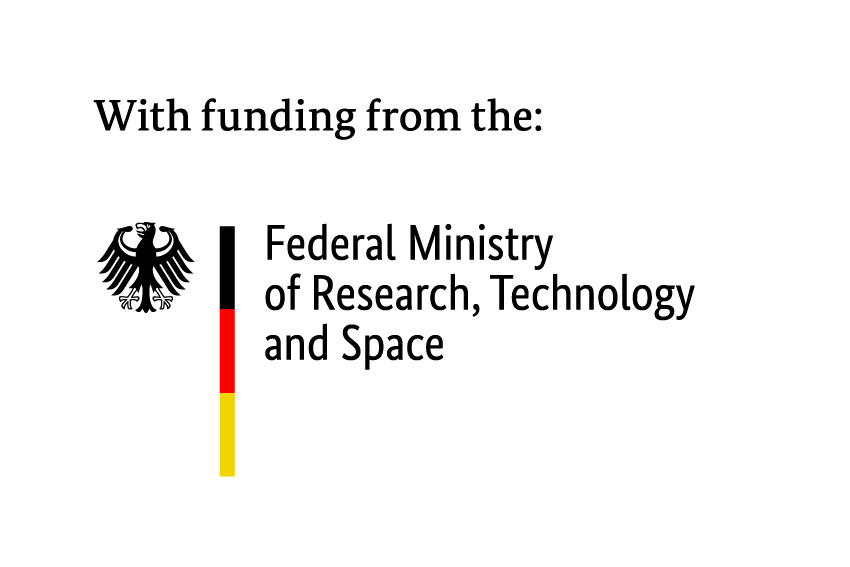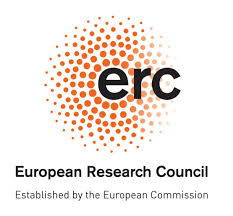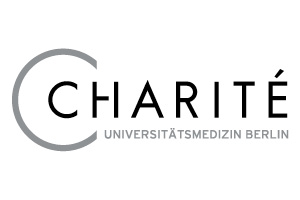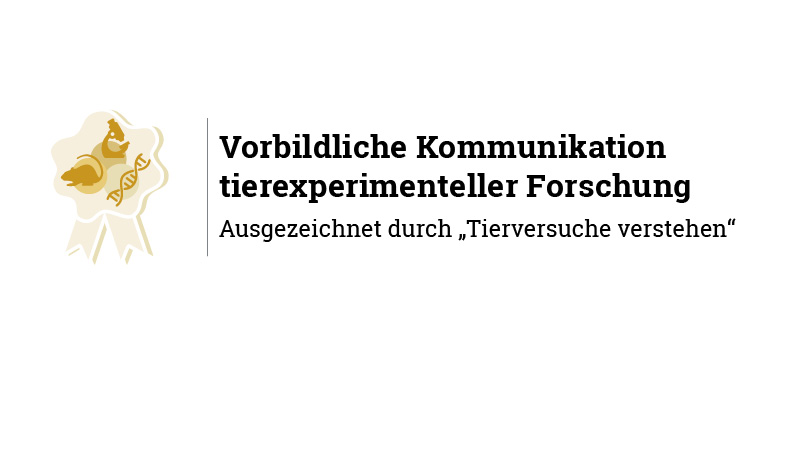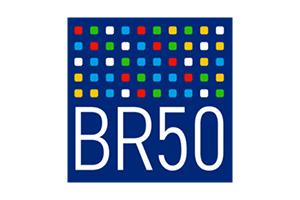- Programme Area 2
Register Research in Rheumatology
- Data-Linkage
- Digital Rheumatology
- Disease register
- Spondyloarthritides
How can we use data from medical registers for evidence generation?
Medical registers, alongside clinical studies, are important tools in the research of new therapies and in improving and verifying already established treatment procedures. At the DRFZ, various registers have been successfully conducted nationwide for years. The methodological development of our registers is an important goal of our working group. The expertise of the program area will be utilized to optimize the currently running registers and, if necessary, establish new registers.
In addition to the main project RABBIT-SpA, the working group is focused on the further development of registers. For example, a process for integrating a medical smartphone app has been planned and implemented. Another milestone was the implementation of a data protection-compliant process for uploading imaging files into the register. Further innovative projects include the integration of RABBIT-SpA with the documentation software for rheumatology, RheDAT. A great potential lies in data linkage, which means the direct connection of register data with other data sources. Currently, a pilot project is underway to link RABBIT data with cancer register data. Other potential data sources for linkage include billing data and other medical registers.
Team
